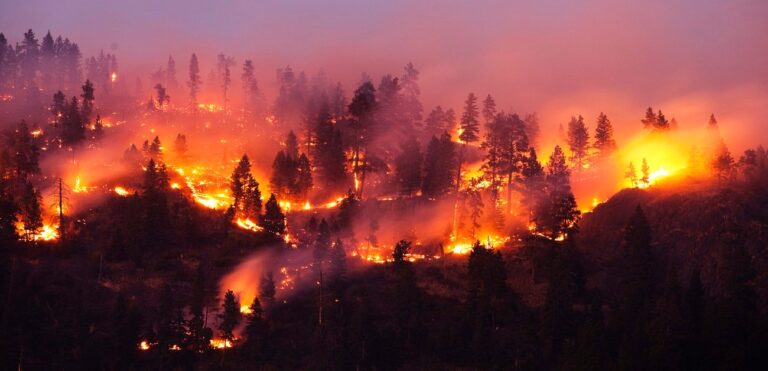Dozens of real estate professionals were among the thousands of Maui residents who lost everything last week when the worst wildfires in the United States in more than 100 years tore through Hawaii's Big Island. One medical practitioner on Maui is reportedly still missing.
The REALTORS® Relief Foundation announced Monday that it will donate $1.5 million in disaster relief to the Hawaii Association of REALTORS® to help devastated communities. The donations will be used to support housing for evacuees. RRF is also asking NAR members to donate to relief efforts on Maui.
“Maui's recent wildfires have severely impacted our residents, and we are here to support them during this difficult time,” said RRF Chairman Mike McGrew. “RRF grants aim to ease the road to recovery and provide concrete assistance to people who are rebuilding their lives. We recognize that unity and community spirit are invaluable in the face of…
The wildfire, caused by strong winds from Hurricane Dora, did not directly impact Hawaii, but it struck Maui's west coast last Tuesday. The entire city, including the tourist town of Lahaina, was covered in rising clouds of smoke and flames. In Lahaina, a town of about 13,000 people, wildfires scorched historic buildings and destroyed about 2,700 buildings. Front Street in Lahaina, Maui's main economic hub, was also destroyed in the fire.
At least 99 people were killed, but authorities say the number could rise as recovery efforts continue. The damage was estimated at about $6 billion, the Hawaii governor's office announced over the weekend.
Real estate group pledges support
As the once-tropical landscape along Maui's west coast turns to mounds of volcanic ash, real estate groups are scrambling to help those affected and meet the housing needs of those without homes to return to. The REALTORS® Association of Maui is collecting donations and working to find housing options for displaced residents. Local agents are leveraging their networks to support housing-related initiatives. “We are heartbroken and devastated for the Maui community. Words are hard to express,” the association posted on its Facebook page.
Keller Williams said 14 of Maui's more than 220 agents lost their homes or had family members homeless in the fire. KW Cares, the brokerage's philanthropic arm, is providing emergency assistance to Keller Williams agents and their immediate families to support housing, food and other needs.
“KW Cares is on a mission to support impacted agencies,” said Alexia Rodriguez, CEO of KW Cares. “Our team remains in contact with agents and leaders on the ground to provide support. We are here to make a difference, from emergency relief to long-term recovery.”
Coldwell Banker Island Properties launched a website in the aftermath of the fire, providing a list of local organizations accepting donations and information on how to support its agents, staff and families. Steve Baker, principal broker at Coldwell Banker Island Properties, has started a GoFundMe for 14 agents and staff members whose homes were destroyed in Lahaina.
Baker, who lived on Maui for 30 years but now lives in Las Vegas, said she watched the news in disbelief. “There were many mornings where I sat down and cried,” he says. “These are friends. There is still his REALTOR® who is not in charge, not our company, but that doesn't matter. Many brokerages have Maui real estate experts, but they have lost everything. I lost it.”
Before the wildfires, Maui's housing inventory was at historic lows, with less than two months' supply at the current pace of sales. “Many of the homes that were lost could be multi-generational homes where people lived for 30 or 40 years,” Baker says. “They may not have the money to buy at current prices. My biggest fear is that a lot of people won't have enough insurance. If you live there long enough, the cost of construction and replacements will increase.” Their coverage may be lacking.”
Baker is encouraged by the outpouring of support from Maui's supportive REALTOR® community.
He said he hopes people remember Maui as homes, businesses and lives begin to be rebuilt over the coming months. “Support is available right away, often within the first week. [a disaster]It’s when people mobilize frequently,” he says. “But you're going to need help three weeks from now, or even three or four months from now. That's when the need is really going to be high. The need is going to be greatest when Maui is no longer in the headlines.” It’s time.”

